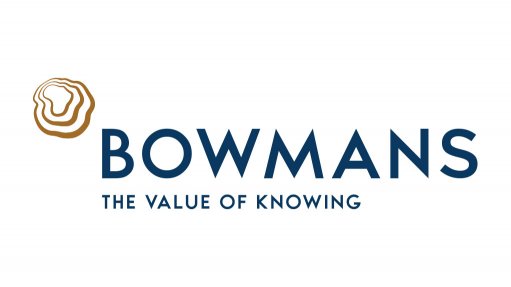
Leading African law firm, Bowmans, has announced that it is one of the first law firms on the continent to formally and publicly introduce a sustainability policy to inform its major decisions and actions.
In a statement released by the firm, Bowmans said: ‘We are committed to operating in a way that optimises our current interests without compromising the future interests of the communities in which we operate. This is particularly within the context of material positive or negative environmental, social and governance (ESG) impacts that we can have on others or that others can have on us.’
Managing partner Alan Keep explained that there are three areas covered by the commitments made by the firm.
‘At the most basic level we have committed to running our own business in accordance with sustainable principles. This includes, among other things, complying with all applicable sustainability-related legislation; intentionally promoting diversity and inclusion; and governing our firm in accordance with best corporate governance practice.’
‘However, without detracting from our responsibility to manage our own internal impacts, our purpose as a firm is to help our clients solve their most important and difficult challenges – including those related to their own sustainability. We believe that this is where we can have the greatest impact.’
As a leading African law firm, Bowmans has also committed to continuing to support the development of the law in the areas necessary to address climate change and ESG risks in Africa; continuing to advance, support and promote the rule of law in the jurisdictions in which it operates; and ensuring that its significant pro bono commitments are delivered applying an ESG lens.
Sustainability is a developing area for all businesses, and many are currently facing increasing pressure from stakeholders in this space. The challenges that need to be considered differ across sectors and jurisdictions, and it is incumbent on service providers to understand those challenges in the context of the environments in which they operate.
Keep expanded as follows, ‘In setting and applying this policy, we are guided by the United Nations Sustainable Development Goals (SDGs), as interpreted in an African context. We recognise that sustainable development in Africa means balancing the need for the growth and development of Africa’s people with those presented by mitigating climate change, biodiversity loss and other environmental risks, and by adapting to loss and damage not reasonably avoidable.